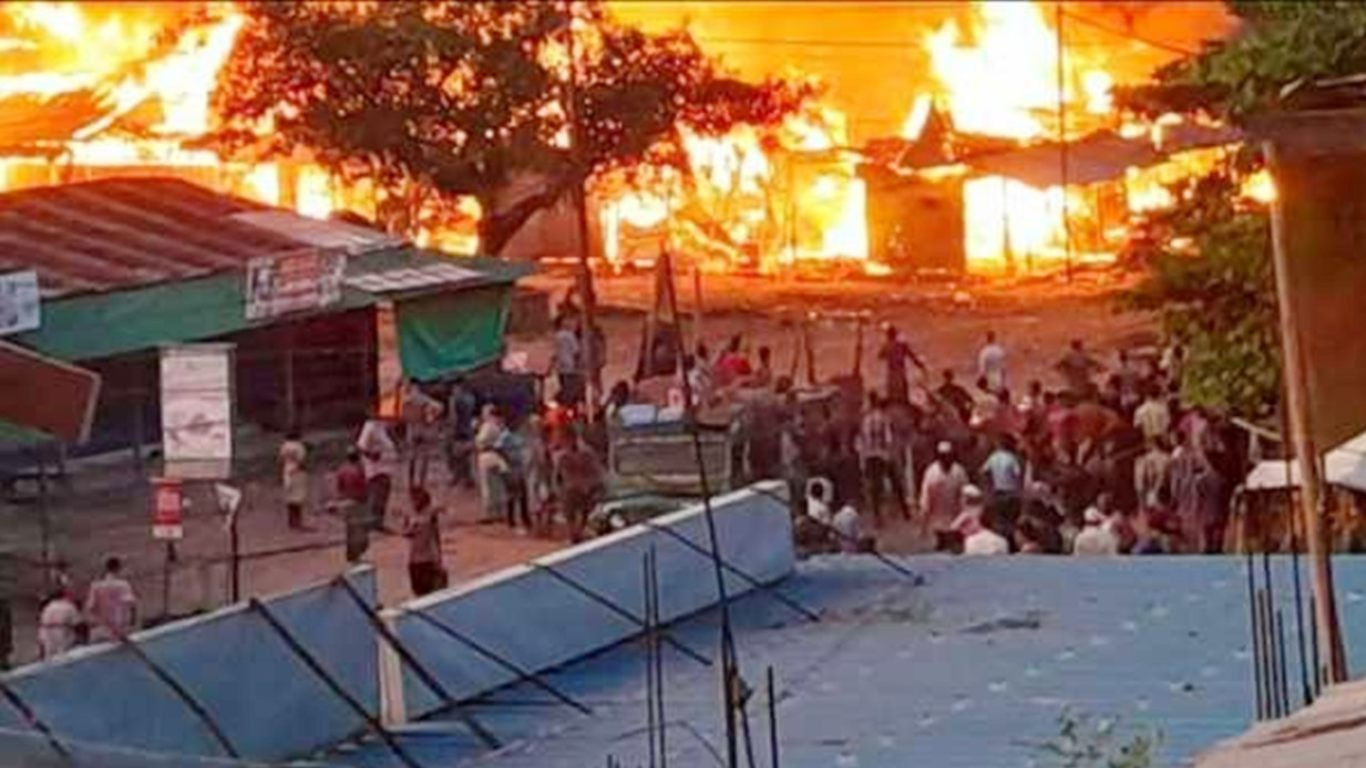Dhaka, violence and lynchings increase: at least 35 dead in two months
The most recent incidents are mainly related to suspected theft or political affiliations. Several clashes took place inside universities. Among the main causes are political instability and distrust in the judicial system.
Dhaka (AsiaNews) - For the past two months Bangladesh has been shaken by a series of episodes of collective violence that have caused the death of at least 35 people. The murders have taken place in contexts of summary justice, often based on accusations of theft or suspected political affiliations. A wave of lynchings has been fuelled by political instability after the flight of former premier Sheik Hasina and a lack of trust in the judicial system.
One of the most brutal incidents was the murder of Tofazzal Hossain, who was beaten by students at Dhaka University last Wednesday. Hossain, who apparently suffered from mental problems, was accused of theft and detained in the Fazlul Haque Muslim Hall, where he was tortured for over two hours. During a break from the attacks, students took a photo of Hossain eating rice in the canteen, but shortly afterwards the violence resumed.
Transported to hospital late at night, Hossain was pronounced dead by doctors. His family later reported that the attackers had demanded a ransom of 35,000 taka (about 0) for his release. Five students were arrested, while the university authorities condemned the incident as ‘inhuman and unacceptable’.
On the same day, the death of former Jahangirnagar University (JAB) student Mo Shamim was also reported. Shamim was also beaten to death by a group of students, who suspected him of criminal activities.
Despite some attempts at mediation, Shamim was taken to the university's security office, but died before he could receive help. The police intervened too late and eight students were temporarily expelled following the incident.
On 7 September, Abdullah Al Masood, former leader of the Rajshahi University Chhatra League, the student organisation close to the former government, was killed in a violent attack.
These murders are part of a growing wave of violence that seems to be beyond the control of the authorities. Deteriorating political conditions, particularly after the fall of the government of Sheikh Hasina (who resigned after weeks of student protests), have exacerbated the climate of insecurity and, above all, distrust of the police.
The phenomenon of summary justice has grown alarmingly. Human rights activists have denounced police inefficiency and inadequate investigations as the main causes of this situation, creating a cycle of violence that is difficult to break. Experts point the finger at a culture of violence that is spreading especially in universities.
A further episode of violence occurred in Khagrachari, where the theft of a motorbike triggered clashes between Bengali and Pahari (indigenous) groups. The Bengalis had organised a protest march, but some pahari tried to block the procession.
After the death of a 30-year-old Bengali man, Mamun, tensions erupted into a series of clashes that led to the destruction of 102 shops (78 belonging to the Pahari community and 24 owned by Bengalis) and the death of four people also in the neighbouring district of Rangamati. At least 80 people were injured. To restore order, the authorities invoked Section 144, which prohibits public gatherings.
The Christian Supreme Court lawyer, Probhat Tudu, commented on the events to AsiaNews: ‘The recent violence, especially in universities, is tragic and deplorable. If someone commits a crime, he should be handed over to the police. This culture of summary justice must be stopped'.
Tudu suggested that the cause is also to be found in the failure of the justice system: ‘If justice were guaranteed by the state, people would not need to resort to violence.’







.png)










